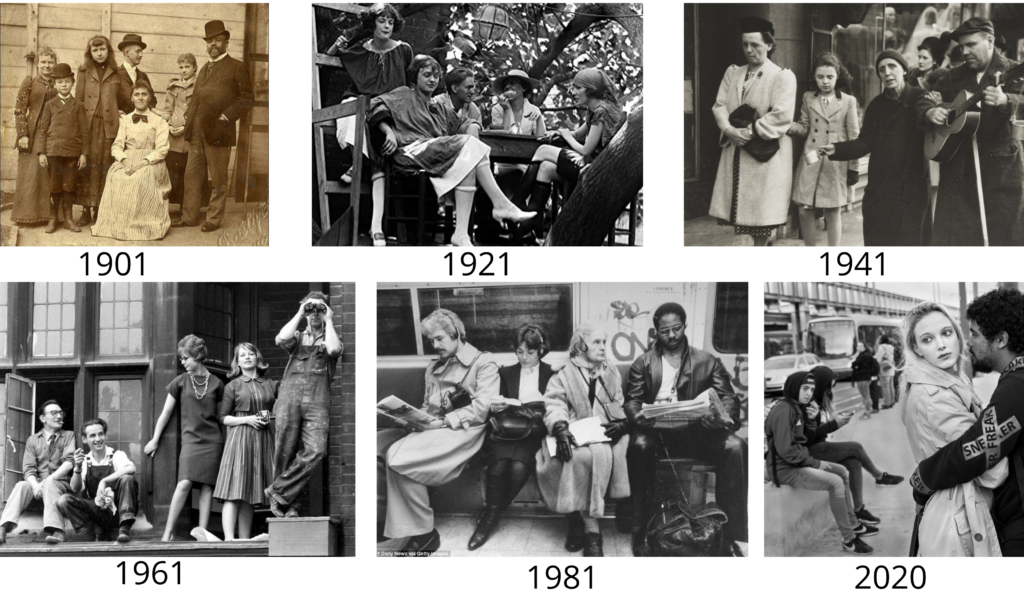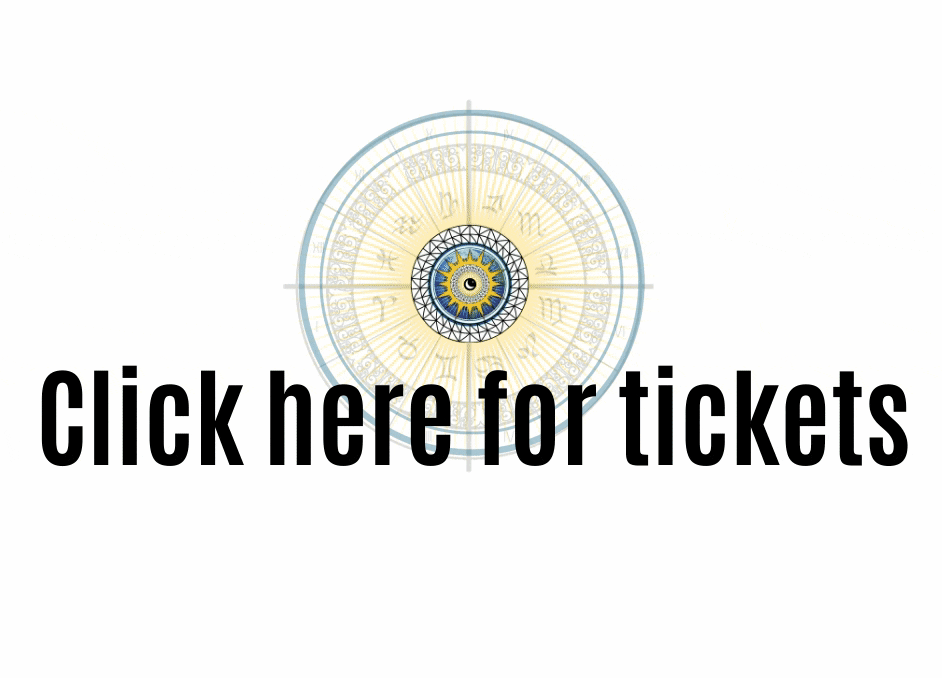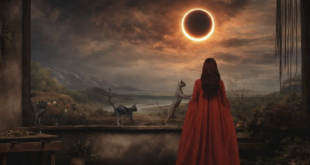On December 21, 2020, Jupiter and Saturn—those distant, shimmering beacons visible even to the naked eye—converged in their closest alignment since 1623. Appearing as a single, luminous “star” low in the western sky, this event evoked the famed “Christmas Star” of 7 BC. At their most intimate point, the two great planets were separated by a mere tenth of a degree. It was a spectacle that dazzled observers worldwide.
Such a conjunction, occurring roughly every 20 years, marks the onset of a new temporal cycle. Traditionally, Jupiter symbolizes social bonds, while Saturn embodies structures, restrictions, and the boundaries that define our world. Their harmonious yet tension-filled union suggests a powerful moment to reassess how we engage with one another under prevailing social conditions. While the immediate influence of the conjunction is strongest in the weeks preceding its peak, the socio-political reverberations often shape the course of events for many years to come.
For most of us, the chance to witness several such conjunctions in our lifetime is rare. We might see three or four at most. Yet this particular meeting of Jupiter and Saturn, occurring at the first degree of Aquarius, feels especially momentous. Why does this alignment herald such a dramatic cultural and intellectual shift for humanity right now?
THE GREAT CHRONOCRATORS:
In Western astrology, the interplay of celestial bodies creates “synodic cycles,” each with a distinctive pattern and tempo. These cycles manifest archetypal principles that move from latent potential to vibrant growth, eventual fruition, and, finally, gradual decay. Among these, the 20-year Jupiter-Saturn cycle—often called a “Grand Conjunction”—has long been regarded as a cornerstone of mundane astrology. It encapsulates the spirit of an era, reflecting broad trends and global moods.
Societies thrive upon shared ideas that go far beyond mere individual imagination. Governments, corporations, and institutions all spring from collective thought-forms, symbolized by flags, logos, constitutions, and national myths. Astrologers study these synodic cycles to understand the nature of the times, tracing how these grand concepts evolve and shape the character of an age.
Over a 20-year span—about the length of one “generation”—we can discern distinct intellectual and cultural climates. The worldview of someone coming of age in the 1920s differs sharply from that of a peer formed in the 1940s, 1960s, 1980s, or beyond. Thus, the Jupiter-Saturn cycle provides a reliable lens through which to observe the social, political, and scientific temperaments that define each era.
CYCLES OF HISTORY:
The Jupiter/Saturn cycle has always been considered of greatest importance by astrologers in terms of Astrologers have always placed supreme importance on the Jupiter-Saturn cycle in understanding historical development:
- Every 20-year period, known as a Minima, carves out its own thematic contours, reflecting the zodiac sign and degree at which the planets align, as well as the aspects they form to other celestial bodies.
- Clusters of these 20-year cycles form a larger pattern called a Media, roughly 240 years (10-12 cycles) during which the conjunctions remain within one elemental group (Fire, Earth, Air, or Water).
- Eventually, the series of Media cycles rotates through all four elements, a grand progression known as a Maxima, lasting approximately 960 years.
The last Maxima in Air signs began at 12°03′ Libra in 1186 AD, though an early “interception” in Taurus (an Earth sign) occurred in 1206. The Air-dominant period officially commenced at 02°♒58′ (Aquarius) in 1226, setting us on the path we now continue to travel.
AUGURIES OF GREAT CHANGE
When these Grand Conjunctions transition from one element to another—an event called a Grand Mutation—they usher in profound shifts in global consciousness and priorities. Such mutations rarely happen overnight. They tend to occur gradually, often spanning a century or more as a handful of cycles ease us from one elemental worldview into the next.
The most recent Grand Mutation took place in July 1802, shifting focus from Fire to Earth signs. This era aligned with the emergence of industrialism, materialism, and the quest to master physical resources. Humanity built empires, harnessed energy, and accumulated wealth, reflecting the grounded, tangible qualities of Earth.
In contrast, the beginnings of a shift toward Air emerged at the turn of the 1980s. Between December 31, 1980, and July 24, 1981, Jupiter and Saturn formed a conjunction in early Libra, heralding a move toward intellectual exchange, communication, and the primacy of ideas. This period coincided with the rise of leaders like Ronald Reagan and Margaret Thatcher—both linked to Air qualities—whose policies and rhetoric emphasized ideology, innovation, and a move away from the purely material concerns of the Earth era.
Symbolically, the transition from Earth to Air suggests a world less fixated on physical accumulation and more engaged in the free flow of knowledge, cultural discourse, and the sharing of ideas. Rather than focusing solely on territory, resources, or industrial might, the new Air emphasis envisions a more balanced distribution of opportunity and well-being—a world shaped by intellectual harmony and open exchange.
Still, the lingering inertia of the Earth era persisted. The Great Conjunction in May 2000, occurring in Taurus, indicated that the full shift to Air values would not be instantaneous. Earthly struggles over material resources, territorial claims, and old hierarchies would continue as echoes of the previous paradigm. Some astrologers suggest that the Air paradigm may not fully blossom until around 2080, as it takes multiple cycles for a new elemental family to fully settle into place.
During this transitional epoch, the tension between Jupiter’s expansive, visionary energies and Saturn’s restrictive, traditional influence intensifies. Past Great Conjunctions in Air signs—whether in 1981, 1961, 1940-41, or 1921—coincided with intellectual revolutions, ideological clashes, and sudden shifts in social structures. These patterns remind us that great change often demands both confrontation and creativity.
THE SHIFT INTO AQUARIUS
On December 21, 2020, Jupiter and Saturn aligned at the very first degree of Aquarius, signaling a fresh start in our collective story. Aquarius, an Air sign ruled by the revolutionary planet Uranus, is associated with forward-thinking approaches, humanitarian ideals, and radical innovation. The next two decades promise dramatic advancements in technology, social organization, and the distribution of information.
Expect rapid developments in artificial intelligence, biotechnology, and digital networks. These breakthroughs will reshape economies, labor markets, and ethical frameworks. Education, healthcare, and governance are all poised to become more decentralized, efficient, and collaborative, thanks to digital integration and the power of interconnected minds. Yet this digital renaissance also raises moral quandaries: Who controls the algorithms, the data, the flow of information?
Aquarius is about equality, inclusivity, and pluralism. Over the coming years, movements championing social justice, gender equality, racial equity, and the rights of marginalized communities will gain traction. With communication moving fluidly across borders, ideas and ideologies will intermingle, forging alliances that transcend old divisions of nationality, class, and creed.
Sustainability and environmental stewardship will rise to the forefront as Aquarian energy seeks to harmonize humanity with nature’s rhythms. Renewable energy, climate action, and ecological respect are key pillars of this evolving ethos. At the same time, a more connected world risks becoming more impersonal and detached if we rely too heavily on digital interaction. Balancing cutting-edge technology with authentic human connection will be a defining challenge of this era.
The coming decades will not be without friction. Established powers that flourished under Earth’s dominion may resist a world where knowledge overshadows capital and cooperation replaces conquest. Economic disparity, unequal access to technology, and debates over AI ethics will all demand thoughtful solutions. The promise of Aquarius is bright, but it calls on us to exercise wisdom, empathy, and adaptability as we navigate new terrain.
LOOKING AHEAD
As the Jupiter-Saturn cycle continues, we are reminded that history does not unfold in neat, clean arcs. Instead, it spirals and evolves, with each 20-year chapter reflecting the struggles and aspirations of its time. The 2020 conjunction in Aquarius launches us into a world defined less by what we own and more by what we think, share, and create together.
Over the next two decades, we will witness the acceleration of remote work, online education, virtual healthcare, and digital governance. But these changes represent only the most visible surface of a deeper transformation, one driven by the profound advancement of information processing and an unprecedented capacity to harness intelligence—both human and artificial—in solving an ever-expanding range of problems.
As quantum computing, neural networks, and advanced machine learning techniques mature, the boundaries of what can be analyzed and predicted will erode, opening new possibilities in fields as disparate as climate modeling, sustainable agriculture, personalized medicine, and ethical governance. With the democratization of data and knowledge, ordinary citizens will gain the tools to critique, challenge, and improve policies once shaped exclusively by elite institutions. Algorithms, once regarded with suspicion, will be scrutinized and refined to ensure fairness, transparency, and accountability, evolving into guiding frameworks for more equitable decision-making.
Meanwhile, social movements—no longer confined by geography or limited by slow-moving channels of communication—will morph into dynamic, networked communities of purpose. Constant connectivity, supported by immersive virtual spaces, will amplify minority voices, galvanize political engagement, and circumvent traditional gatekeepers. The age of information promises not just speed and efficiency in communication, but also the distributed intelligence of millions of connected minds, collaborating to find solutions once dismissed as unattainable.
In this rapidly shifting landscape, civic institutions will be challenged to keep pace. Some will adapt, incorporating data-driven insights and participatory platforms to craft inclusive policies. Others may resist, attempting to preserve old privileges and hierarchies now at odds with the fluid, open ecosystems of the new era. Yet, the overarching arc of history suggests that intelligence, openness, and creative problem-solving ultimately thrive when unbound. We stand at the cusp of a world where shared knowledge, guided by ethical principles and informed action, can reshape civilization in ways that elevate us all.
This era demands we embrace the spirit of Aquarius: to innovate responsibly, to think collectively, and to break free of obsolete dogmas and divisions. It is a chance to reshape human civilization for the better. Will we rise to the occasion?
We explore these themes in depth on the latest episode of the ‘Cosmic Bus’, where the conversation continues every week. The dawning of Aquarius asks us to look up, look forward, and imagine possibilities yet uncharted. It is an invitation to cast aside old fears and constraints, daring us to conceive a world defined by knowledge, openness, and the boundless potential of the human mind.
More specifically, and in view that the two dispositors of Aquarius (Saturn and Uranus) being at odds in a fixed square throughout 2021, I have prepared special messages for each of the signs, with an aim to prepare you for which specific areas you should look to focus your own interests in hope of best attaining more far-reaching objectives through your industriousness, tenacity to improve your life, perseverance and patience.
Blessings, and may you have an amazing New Year xx
 angstoic.com Astrologer, Ang Stoic
angstoic.com Astrologer, Ang Stoic





